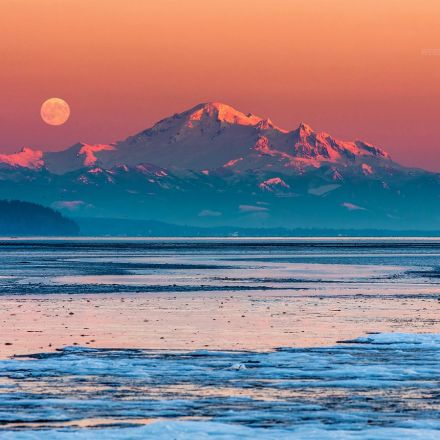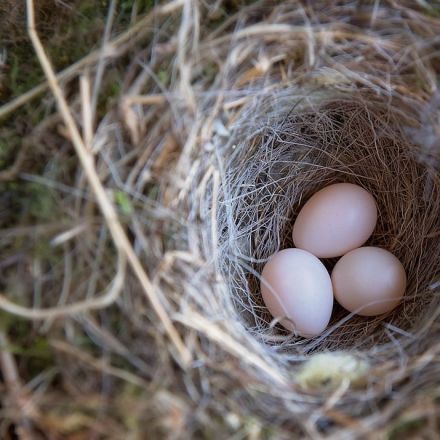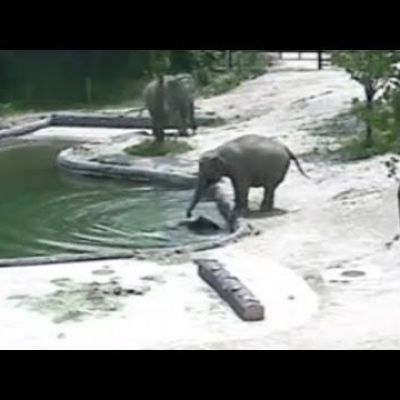
Friday, 30 June 2017
The USPS is an extremely dangerous place to work
The Purest Type
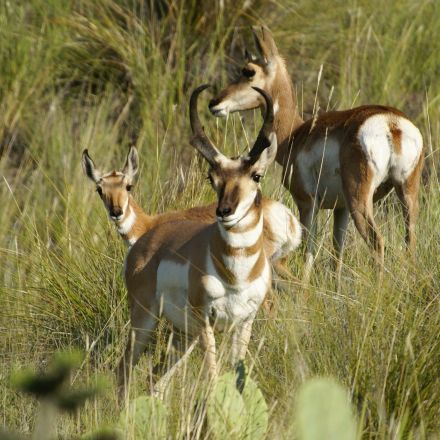
Three years to safeguard our climate
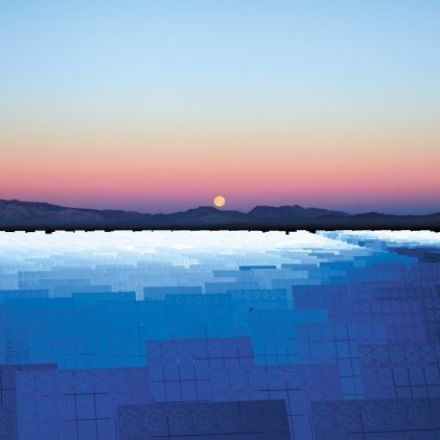
Urban nature: What kinds of plants and wildlife flourish in cities?
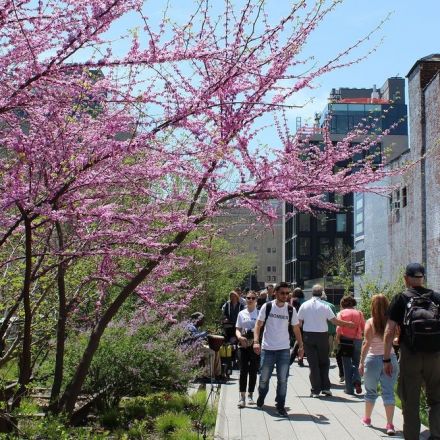
What’s Killing the Yellow River?

Plastiglomerate
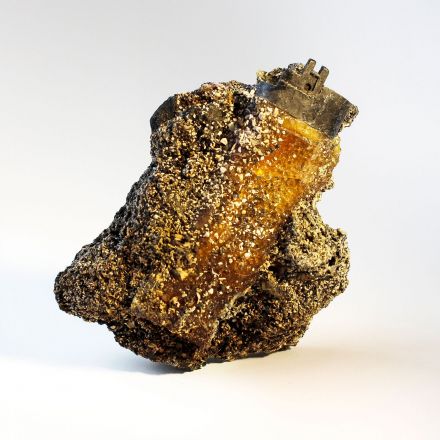
Most modern horses came from just two ancient lineages

Off-Grid Devices Draw Drinking Water from Dry Air

House Committee Advances GOP Legislation Attacking National Forest Protections
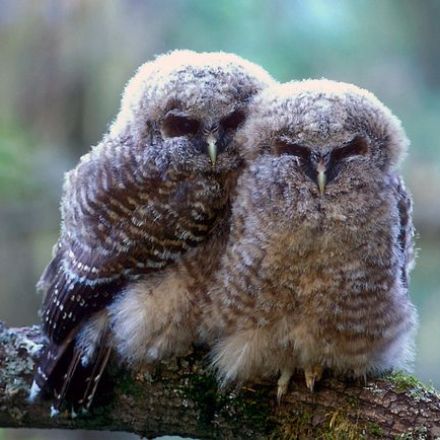
Solar Costs Are Hitting Jaw-Dropping Lows in Every Region of the World

Pesticides damage survival of bee colonies, landmark study shows
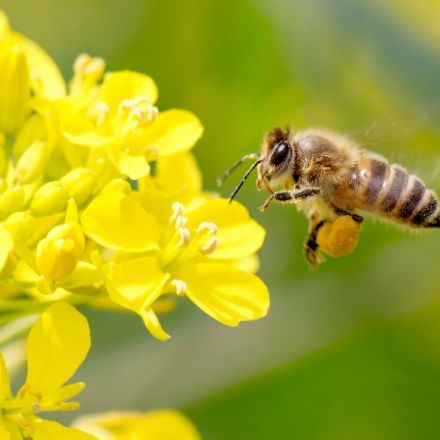
Thursday, 29 June 2017
Yellowstone supervolcano has just been hit by more than 400 earthquakes in one week
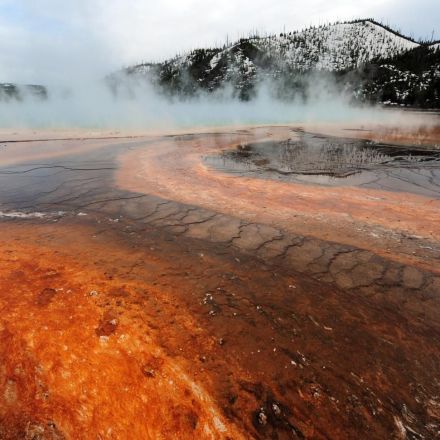
3,000-year-old textiles are earliest evidence of chemical dyeing in the Levant

In a First, Bird Uses Tools to Make Sweet Music
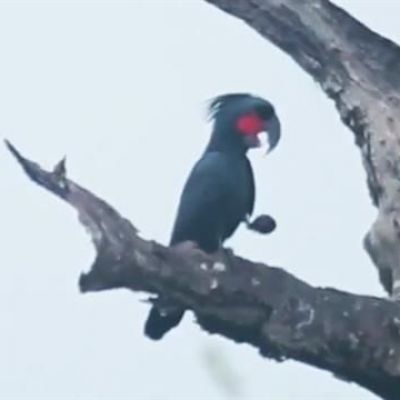
Stunning Footage Captured From Inside A Fusion Reactor

Cats Domesticated Themselves, Ancient DNA Shows

Wednesday, 28 June 2017
Growing Trees Is Helping Fight Poverty in Cameroon
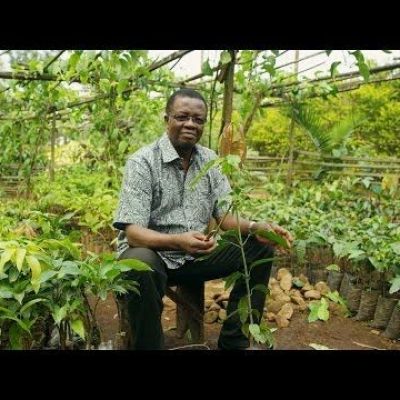
Man who punched kangaroo to save his dog calls police over animal-rights activist fear
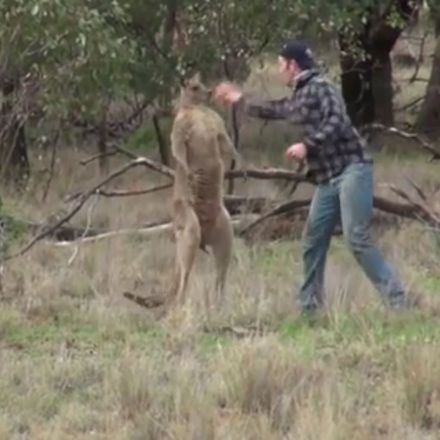
How Do Sinkholes Form?
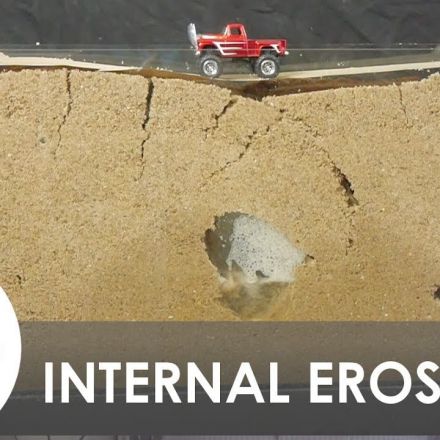
Hundreds of US mayors endorse switch to 100% renewable energy by 2035

A million bottles a minute: world's plastic binge 'as dangerous as climate change'
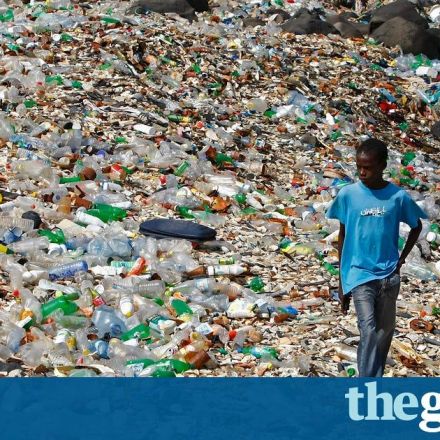
Tuesday, 27 June 2017
Coal on the rise in China, US, India after major 2016 drop
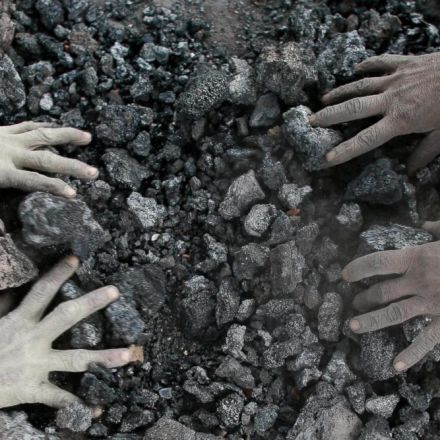
2 lions, rescued from circuses, are poached in South Africa
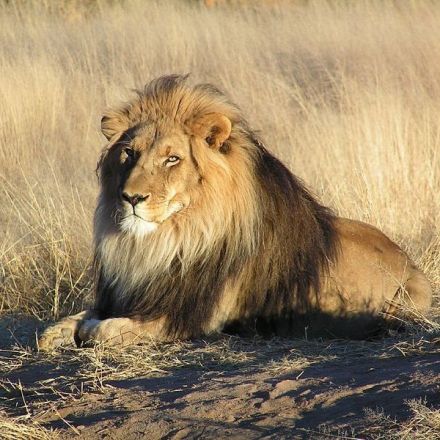
Spider Shoots 25 Metre Web - The Hunt - BBC Earth
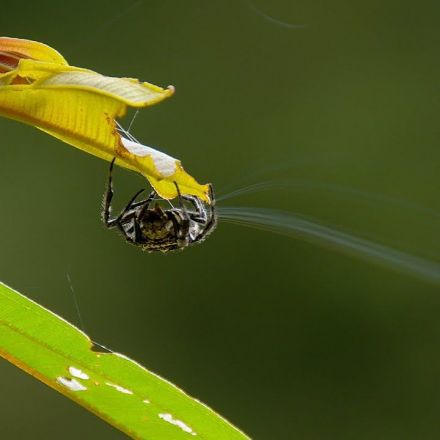
New study confirms the oceans are warming rapidly
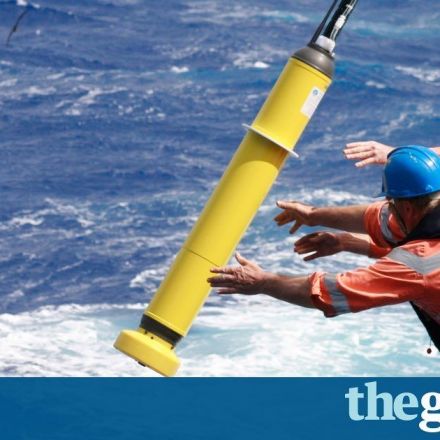
Monday, 26 June 2017
Birds use cigarette butts for chemical warfare against ticks
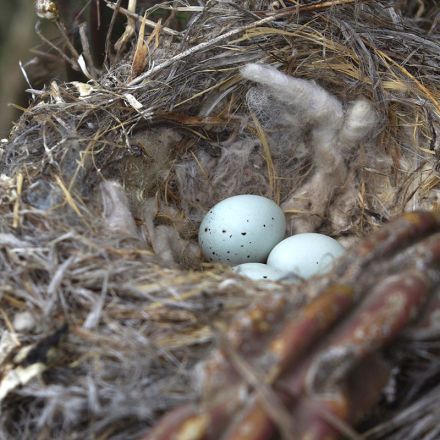
China breaks ground on first “Forest City” that fights air pollution

Over 3000 of Canada's Indigenous Lands are now on Google Maps

A quarter of rivers at risk as water is removed despite prospect of drought, official figures reveal
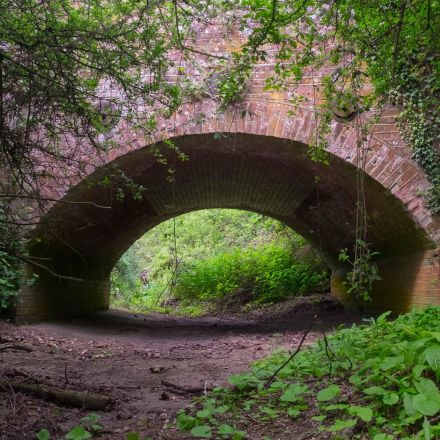
Ken Campbell: the palaeontologist whose name lives on in many fossils
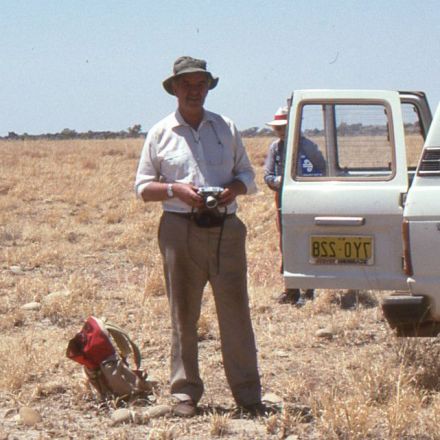
The ambitious plan to plant nearly 100,000 trees a day with drones
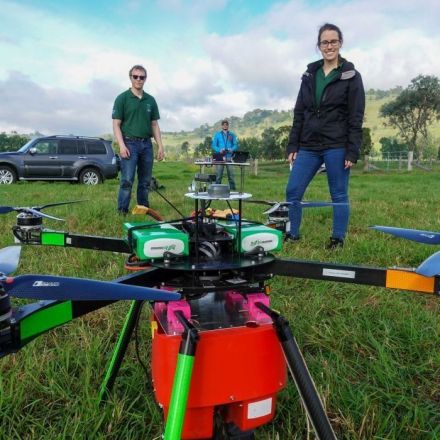
Sunday, 25 June 2017
Removal of Yellowstone Grizzlies From Endangered List Ignites Controversy
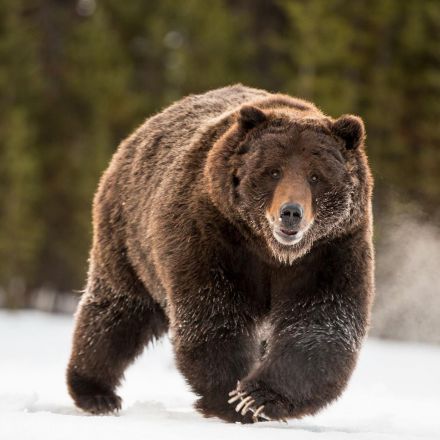
Deadly heat waves set to surge due to climate change
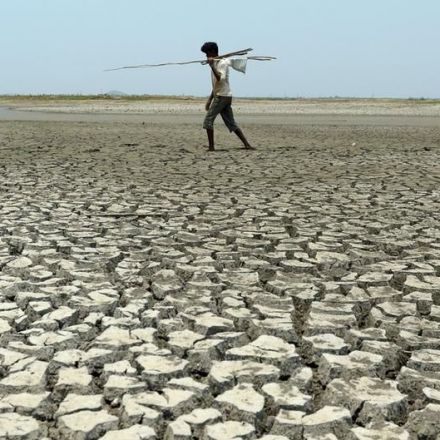
‘It came up from behind them and attacked’: Biologists ‘courageous’ in battle against bear
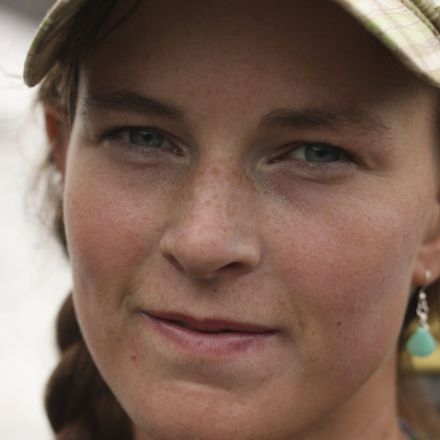
Texas Is Too Windy and Sunny for Old Energy Companies to Make Money
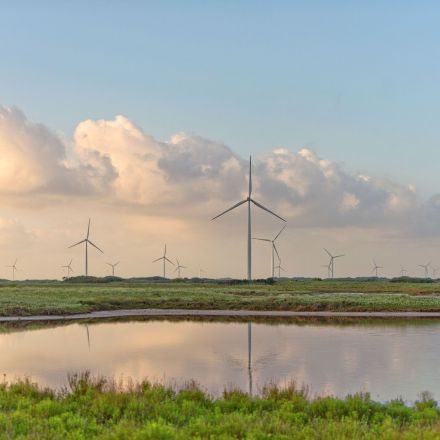
How to Build the Perfect Sandcastle--According to Science

Anti-poaching drive brings Siberia’s tigers back from brink
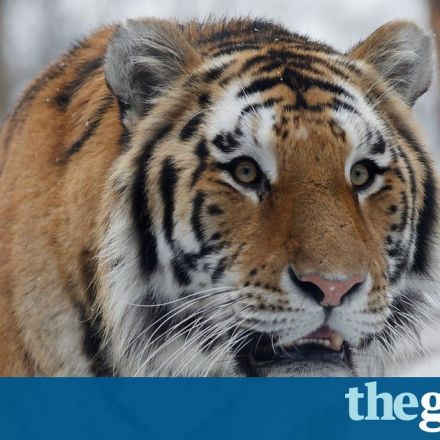
12 billion gallons of water pour into Lake Tahoe amid this week's heat wave
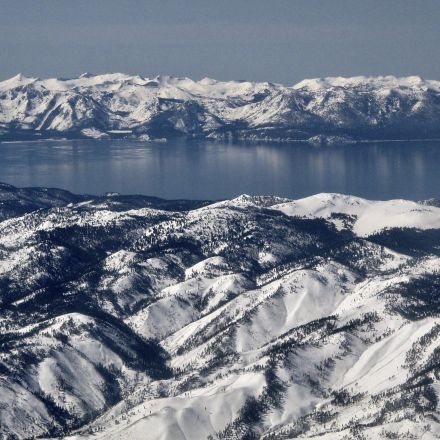
America’s hungriest wind and solar power users: big companies
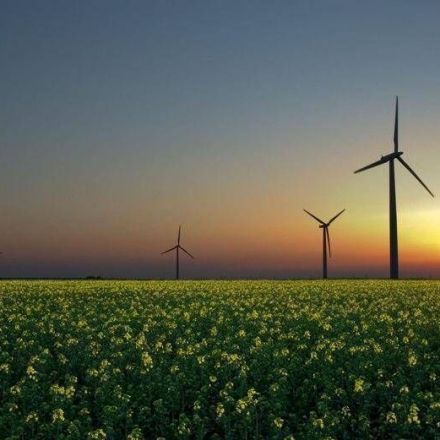
Saturday, 24 June 2017
If You Can’t Ban Cars Downtown, Just Take Away The Parking Spaces

Exxon, Stephen Hawking, greens, and Reagan’s advisors agree on a carbon tax

Massive Antarctic Ice Shelf Days From Breaking Off
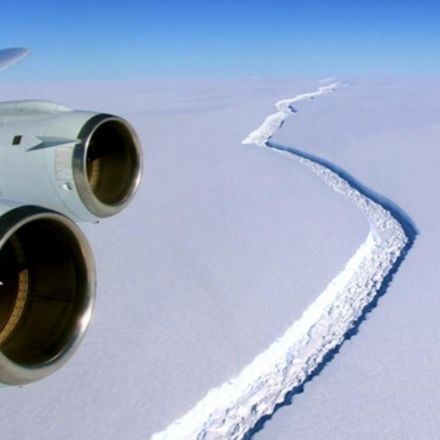
Friday, 23 June 2017
Vancouver Steps Towards a Ban on Coffee Cups and Foam Containers
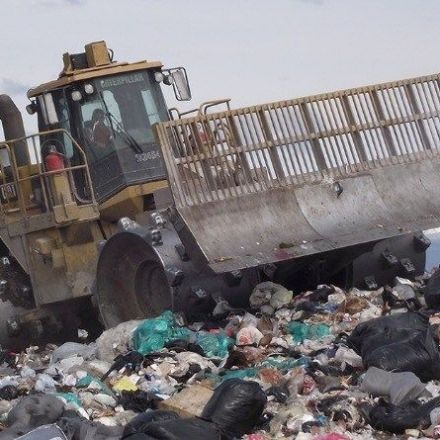
Magnitude 6.8 earthquake off of Guatemala's Pacific coast, USGS says
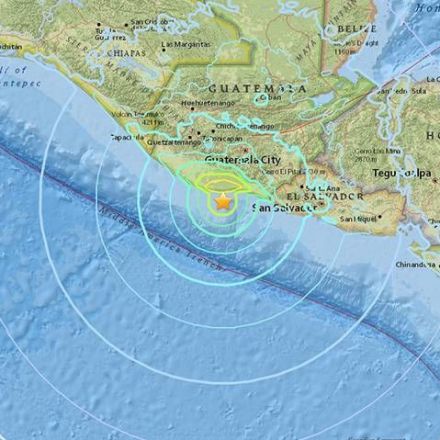
Subscribe to:
Comments (Atom)

